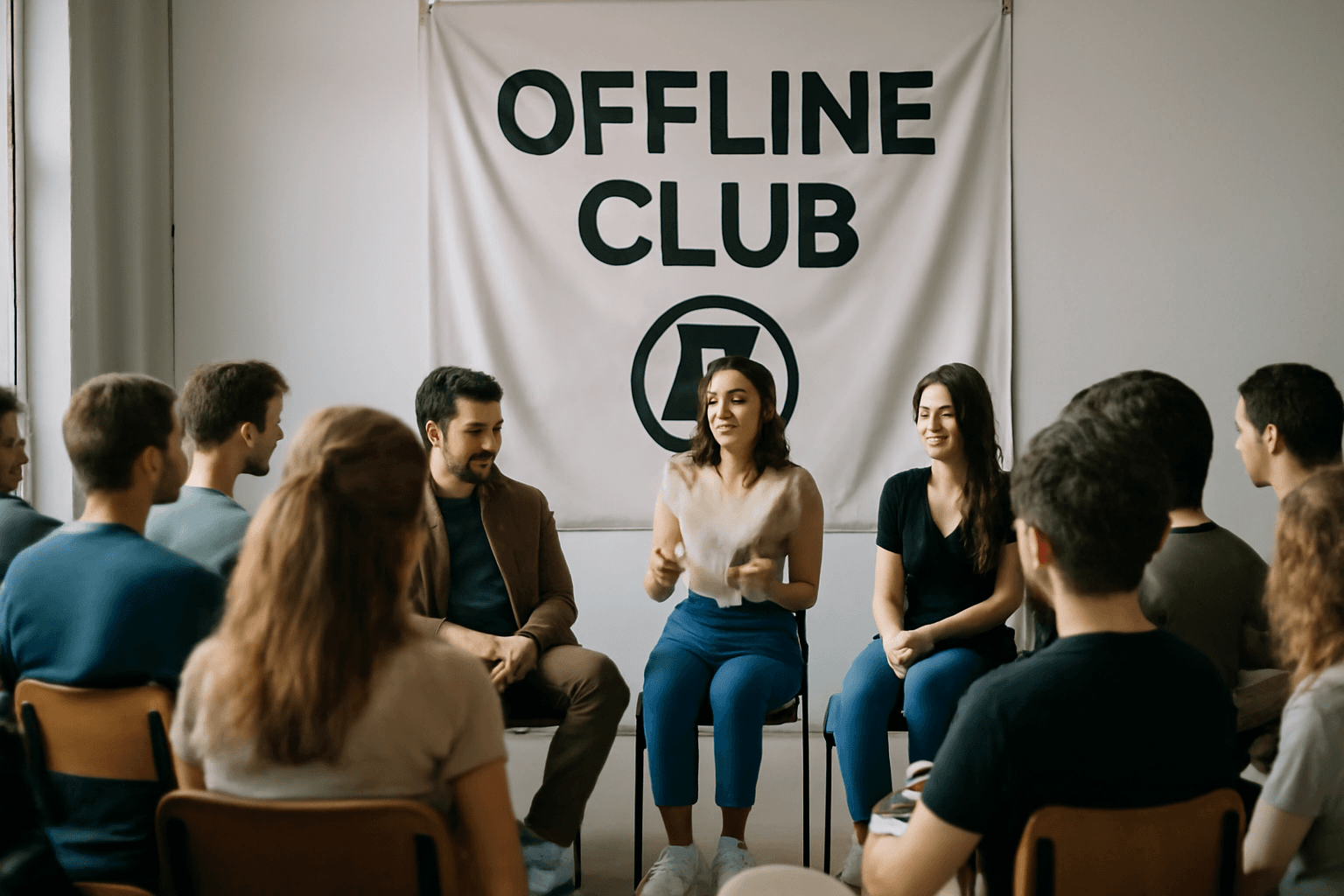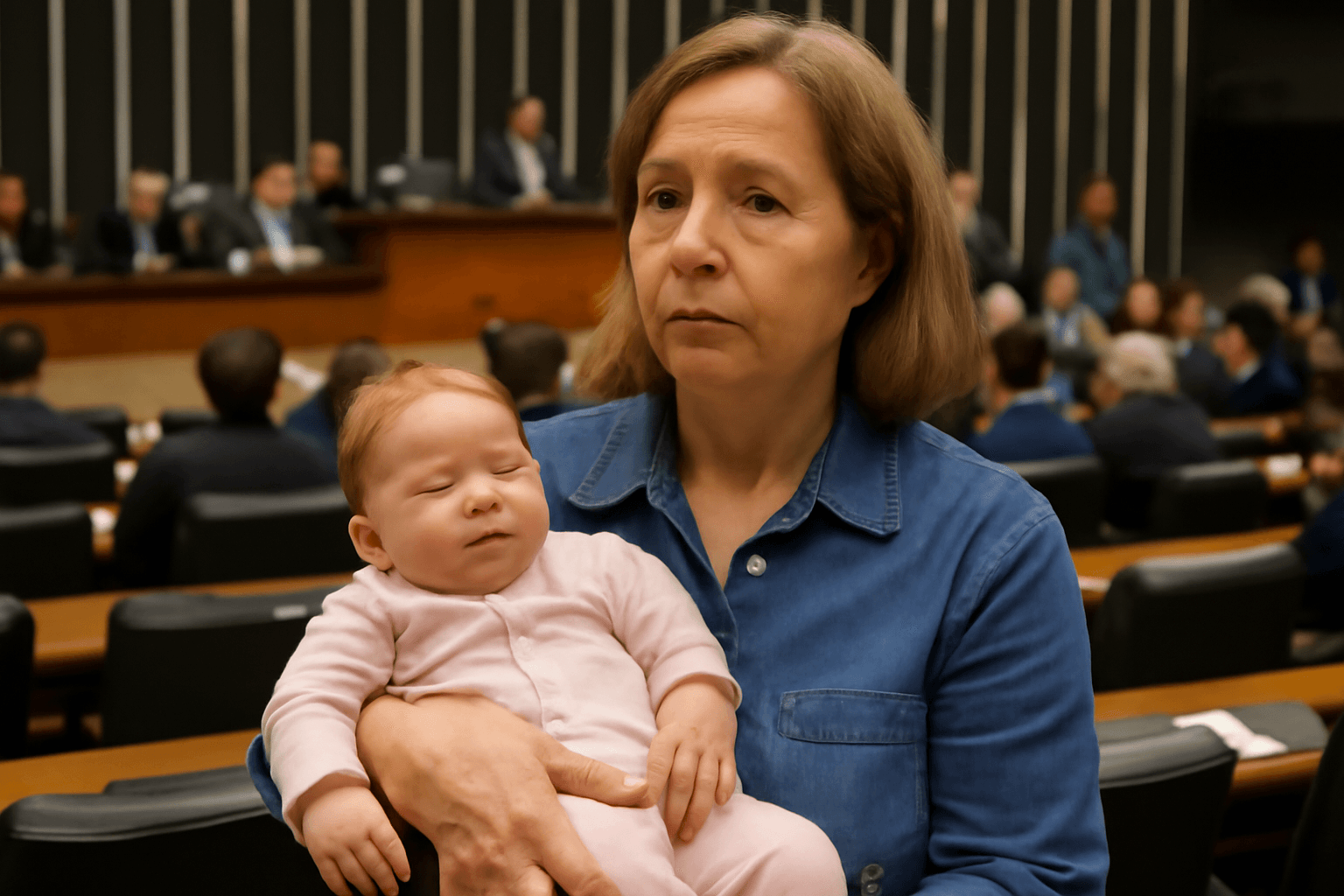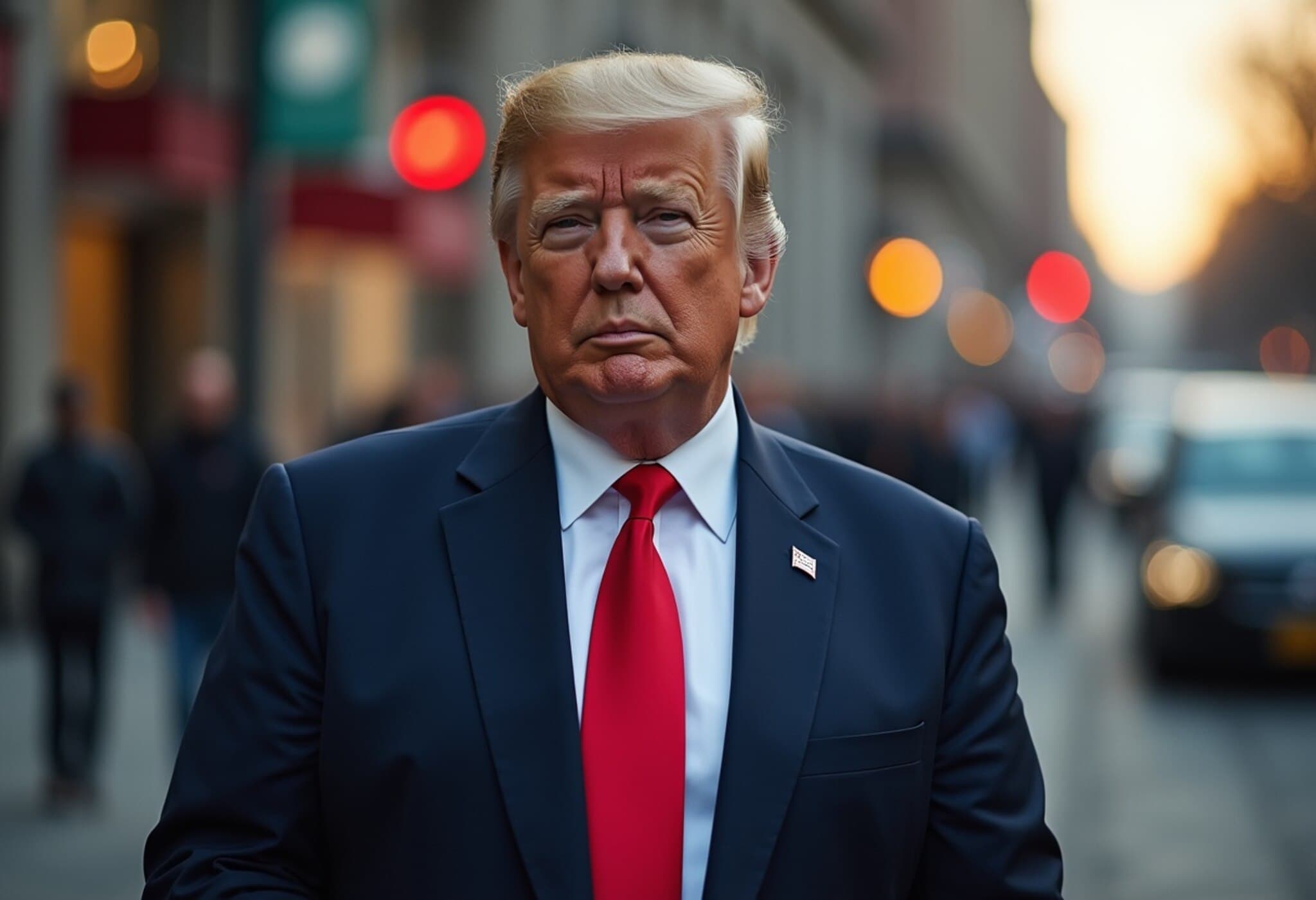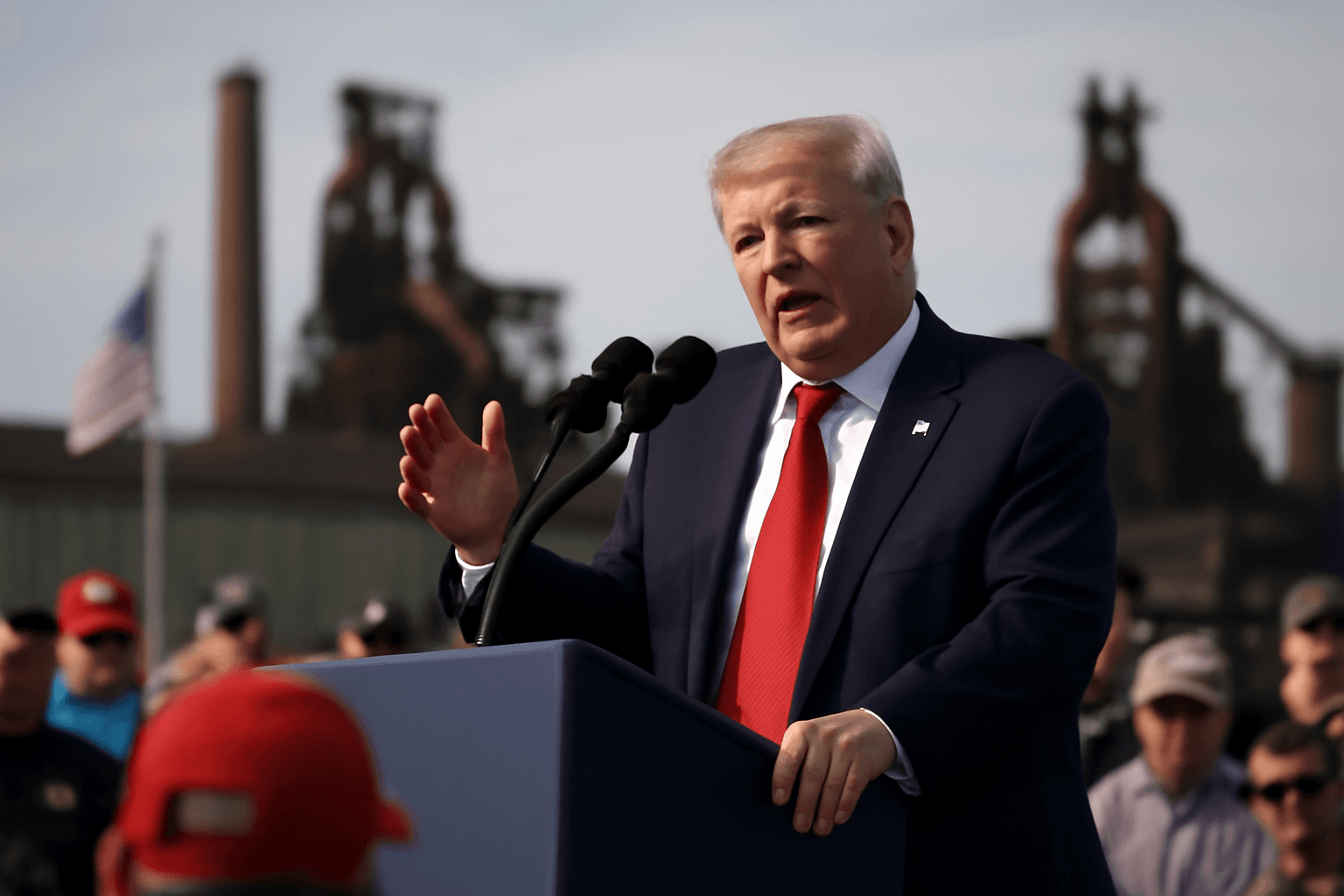In Brazil, hyper-realistic "reborn" baby dolls have captivated social media audiences and stirred political discussions nationwide. These meticulously crafted dolls, often used for grief therapy and parenting practice, have sparked viral videos and legislative debates.
Influencers across Brazil share videos portraying emotional scenarios such as simulated births and public outings with reborn dolls, fueling widespread fascination. This trend has not only engaged online communities but also drawn the attention of lawmakers.
In Rio de Janeiro, the city council passed a bill honoring artists who create these lifelike dolls, pending approval by Mayor Eduardo Paes. Conversely, in Amazonas, state lawmaker Joao Luiz introduced a proposal to prohibit reborn dolls from receiving medical care within the public health system, despite no official records of such cases.
Criticism of these legislative efforts has come from various quarters, including federal congresswoman Taliria Petrone, who urged lawmakers to focus on pressing issues rather than regulating personal doll ownership.
On the community front, hundreds of reborn doll enthusiasts, known as "reborn mothers," convened at Villa Lobos Park in São Paulo for their 10th annual meet-up, advocating for greater acceptance and urging critiques to target viral influencers instead of the broader community.
Nursing assistant and collector Berenice Maria, who owns eight dolls, highlights the emotional support these dolls provide. "Despite the criticism, reborns give me comfort and joy," she said. "I want the freedom to take them to public places like malls and parks."
Retailers have also noted increased demand, with prices ranging from 700 to nearly 10,000 reais (approximately $124 to $1,800). Daniela Baccan, co-owner of a reborn doll store in Campinas, São Paulo, reported enhanced security measures due to rising controversy but acknowledged the boost in customer traffic.
The ongoing debate highlights the cultural significance and emotional value these dolls hold for many, while also raising questions about societal perceptions and policy responses to emerging social phenomena.



















